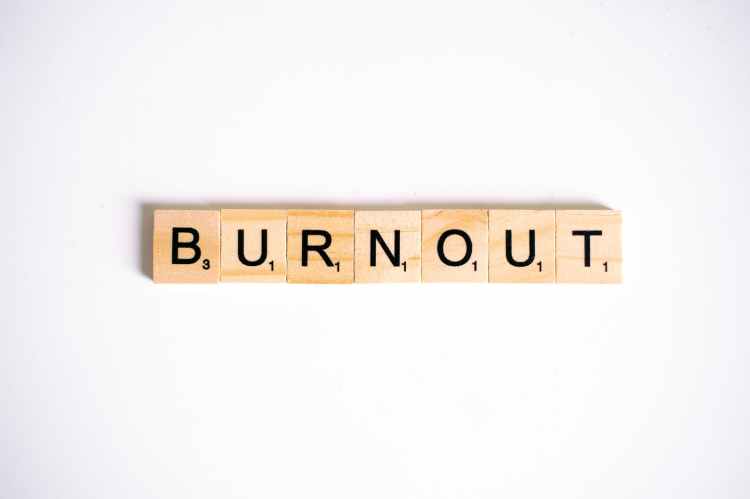HOW DO YOU KNOW IF YOU’RE BURNED OUT?

HOW DO YOU KNOW IF YOU ARE BURNED OUT?
Self-awareness is the best way to know if you are burned out, but you can also be deceived by the slow-burning nature of its effects. In addition, it is easy to subjectively overstate your level of burnout, rendering self-reporting marginally reliable. Sadly, some individuals will wear their burnout as a badge of honor, and look for validation like something out of the “misery loves company” playbook. (HINT: Resist the inclination to be that polarizing personality that creates a tense and negative working environment)
The best way to self-assess your level of burnout is to remove yourself from your circumstances, figuratively and literally, and then put your $116,773 education to work. It’s simple: Employ your medical training as you would with any patient interaction: by collecting both subjective and objective information, and seeing if it supports or refutes the diagnosis of burnout. You know how to do this.
(WARNING: Medical professionals do not always make the best patients, and could very well play the “(emotional) pain out of proportion to exam” role.)
Subjectively, try to limit bias and run through an HPI on yourself to bring awareness to the history and symptoms of your condition. Objectively, you can use one of the tools for burnout measurement, from a list of the most valid and reliable found HERE, or from a resource provided by the AAPA, found HERE.
(PRO TIP: The Maslach Burnout Inventory (MBI) is the gold standard, but costs money to access, so grab a free tool that you like, as it is best to use it at regular intervals for trending…much like the PHQ-9 or GAD-7.)
So, as we ask ourselves within our practices each and every day: Does the subjective and objective information concur and make enough of a case to diagnose yourself with burnout? If so, just accept it (remembering that approximately 50% of PAs will go through the same experience), without judgment, as the temporary state you are in. If not, I encourage you to stay tuned, as my future posts may teach you something to help diagnose and treat a possible future episode of burnout.
PERSONAL EXPERIENCES: In the spirit of Sesame Street’s theme of “Sharing is Caring”, I wanted to convey my experiences with burnout, and how I know when I reach that point: In addition to the symptoms listed in the “WHAT ARE THE SYMPTOMS OF BURNOUT?” section, my experiences with burnout typically manifest as frustration and anger, with increased sighing and cursing (not directed at anyone, but more as WTF?, as small problems seem like an assault to my sanity). Other signs and symptoms that have manifested are an increased sympathetic response (Pavlovian response to my setting), cerebral pulsations, ear ringing (tinnitus), slurring of words (dysarthria), debilitating brain fog, difficulty with word-finding (anomia), and nearly uncontrollable urges to eat junk food and drink alcohol. If I had three 12-hour shifts in a row, I could feel that by day 3, I was starting the day with my batteries significantly depleted, which made the threat of missing that atypical MI or other subtle finding seem VERY REAL and VERY SCARY. It also would sometimes take days to recover, and I would be physically and mentally exhausted, and the bipolar nature of that cycle felt punishing. I now work in an environment with less stress and more predictability, and rarely feel such burnout symptoms.
In others, I’ve seen extreme versions of burnout manifest as yelling at cars filled with patients that are about to check in right before closing, blowout arguments with other staff, crying, providers leaving shifts early, along with sarcastic and habitual responses of “Living the Dream” when asked how they are. If some of these examples sound familiar, then you just might be burned out now, and it is time for action.
DISCLAIMERS: 1) The views expressed here are my own and do not necessarily represent the views of my employer. 2) I don’t know what I don’t know, so feel free to message me if you don’t agree with something that you read.
KEYWORDS: #burnout #depression #medicine #physicianassistant #nursepractitioner #doctor #physician #barriers #wellness #efficiency #proficiency #control #worklifebalance #happinessatwork #carpediem #clinician #stress #covid #covid19 #pandemic #lifehacks #leverage #tools #charting #physician #MDM #worklife #worklifebalance
